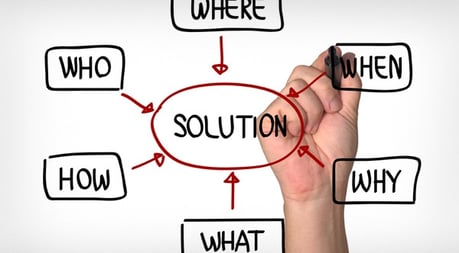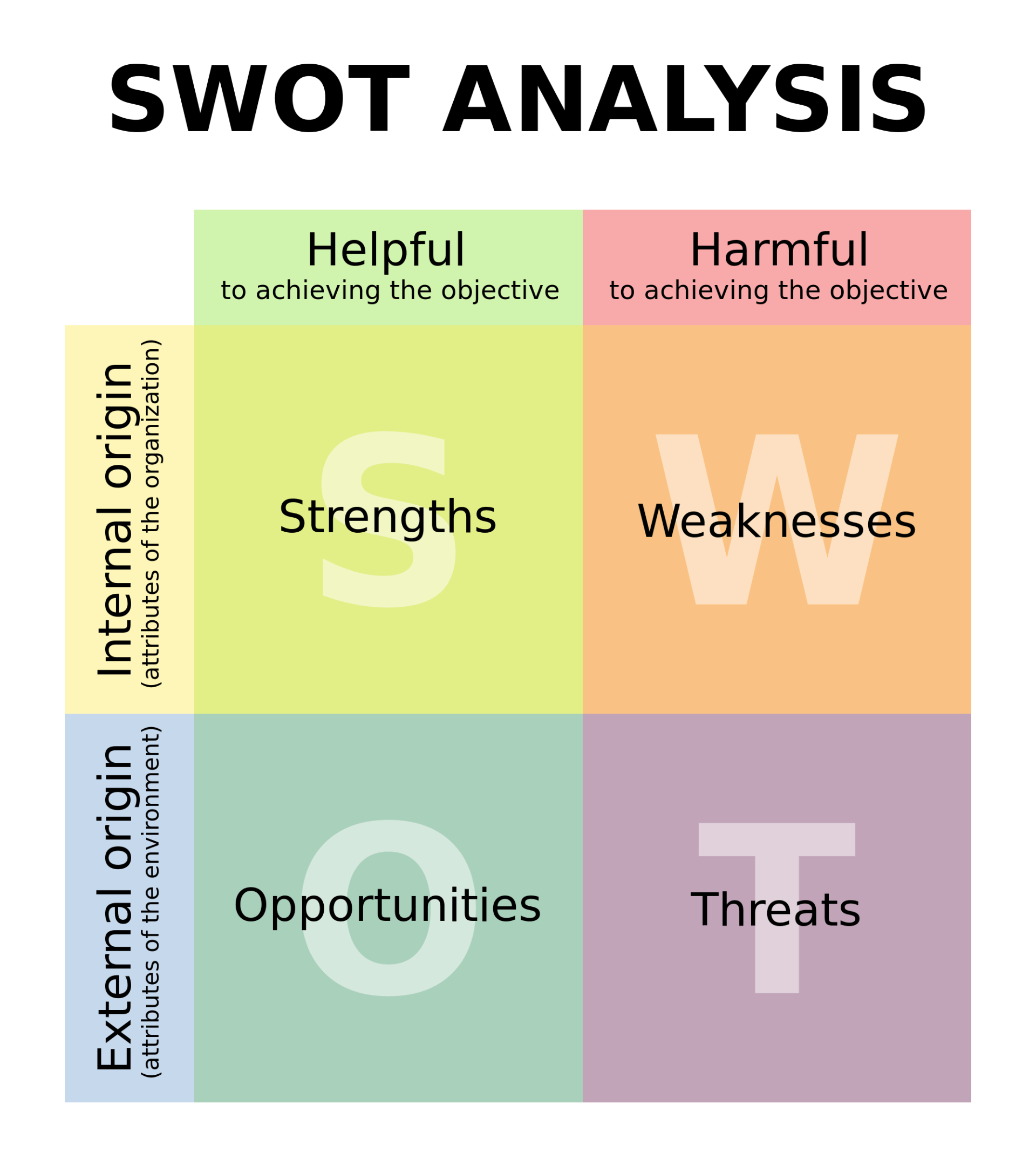Understanding A Strategic Business Leadership Process
A proven strategic business leadership process is built on five key steps that ensure every element of your organization is aligned for success:
- Vision – Personal and Business: Define both your personal aspirations and your company’s long-term vision.
- SWOT Analysis: Assess your Strengths, Weaknesses, Opportunities, and Threats.
- Plan – Personal and Business: Develop actionable strategies that align with your vision.
- Make It Happen: Emphasize communication, regular reviews, accountability, and the role of a dedicated planning team.
- Turn the Wheel: Engage in continuous review and revision to adapt to changing circumstances.
This process not only sets the big-picture goals but also ensures that every aspect of your business is scrutinized and optimized for growth.
The Critical Role of a Business Assessment
A business assessment is a crucial tool for understanding exactly what your strategic plan should look like. It helps you identify what’s working as it should—and what isn’t—so that you can fine-tune your operations for maximum efficiency and profitability.
Think of your business as a car and a business assessment as the blueprint for its design. You might know your vehicle’s exact make, model, and mileage, but can you recall every detail about how its made? For instance, the precise diameter of each hose might escape you. Similarly, small businesses often overlook the finer details that keep the operation running smoothly. Just as installing the wrong hose can cause a car to screech to a halt, even a minor oversight in your business processes can have a major impact on your bottom line.
So much happens and so many decisions are made on a monthly basis—without a comprehensive business assessment, it can be incredibly challenging for business owners to keep track of every detail. These details, though they might seem minor, can make huge differences in how your business operates and performs financially.
We recently interviewed hundreds of small business owners about what they would do differently if they could rebuild their companies. A common theme emerged: more time spent on strategic planning. In fact, only 2% of respondents believed that a better product would have helped their business more than a better strategy. This feedback underscores the importance of stepping back, assessing your business thoroughly, and investing in a strategic plan that addresses all aspects of your operations.
What does “SWOT” stand for?
Different firms offer different business assessments, each with their distinct advantages, but all business assessments are fundamentally lead to a balanced SWOT analysis of the organization.
A SWOT analysis looks at internal and external factors that are helpful or harmful to your business and the way it’s run. This type of assessment is particularly interested in identifying factors in the following 4 categories:
Understanding A SWOT Analysis
A SWOT analysis is a systematic tool that examines both internal and external factors affecting your business. It evaluates elements that are either beneficial or detrimental to the way your business operates. This comprehensive assessment is organized into four key categories:
Strengths
- What It Covers:
Identifies the strongest parts of your business model, your best selling points, and the core competencies of your team. It also highlights your strategic investments that set you apart from competitors. - Why It Matters:
Recognizing your strengths enables you to leverage them for growth, enhance your competitive advantage, and build on what you already do well.
Weaknesses
- What It Covers:
Pinpoints the weak spots in your business model and sales funnel, including areas where your team or investments may be lacking. - Why It Matters:
Understanding these vulnerabilities is crucial. Addressing weaknesses helps prevent potential pitfalls that could undermine your success and disrupt your operations.
Opportunities
- What It Covers:
Focuses on external possibilities such as potential leads, new investors, industry events, and emerging target markets. - Why It Matters:
By identifying opportunities, you can position your business to capture untapped markets and create new revenue streams, thereby fueling expansion and innovation.
Threats
- What It Covers:
Assesses external challenges like rising competition, reasons investors might withdraw support, or negative market trends that could impact your business. - Why It Matters:
Being aware of threats allows you to develop contingency plans and mitigate risks before they become major issues.
At a glance, it’s easy to see where most small business owners (and most business owners in general) like to spend their time - among the tropical shade and white sands of their company’s Strengths and Opportunities.
Rare is the business owner who takes the time to sit down and honestly assess weaknesses in his business model as well as potential threats (which can be difficult to see without another pair of eyes). This is why many small businesses fail -- entrepreneurs often have a vision, but no strategic plan for growth. And they have no strategic plan because they never conducted an honest business assessment. They thought they were doing just fine when, in reality, weaknesses were eating away at their business model and threats were looming large in their market.
When’s the right time to get a business assessment?

Staying ahead in today’s fast-paced market means recognizing the need for a proactive business assessment before small issues turn into major setbacks. A well-timed assessment reveals not only your competitive strengths but also the critical gaps in your operations, forming the foundation for a robust strategic plan.
That’s why we developed the TAB Business Diagnostic—a tool honed through years of research with thousands of business owners. Think of it as an MRI for your business. While you may know your company’s make, model, and mileage, the TAB Business Diagnostic digs deeper, comparing your performance to industry standards and identifying both your best assets and the areas that need attention.
This comprehensive analysis provides actionable insights by feeding its findings into a balanced SWOT analysis. You learn where your strengths lie and which weaknesses require immediate focus, while also spotting opportunities for growth and potential threats to your success. The results help you prioritize challenges and opportunities, allowing you to allocate resources and plan strategically.
Even though a business assessment doesn’t take much time, its impact is invaluable. By clarifying where you stand and pinpointing exactly what to improve, you can build a strategic plan that drives sustainable growth. With the TAB Business Diagnostic guiding your next steps, you’re not just keeping pace—you’re positioning your business for long-term excellence.
***
No matter of the economic conditions thrown at you and your business, there are steps to help safeguard your business so that you not only survive, but thrive. Download the whitepaper to learn more here









